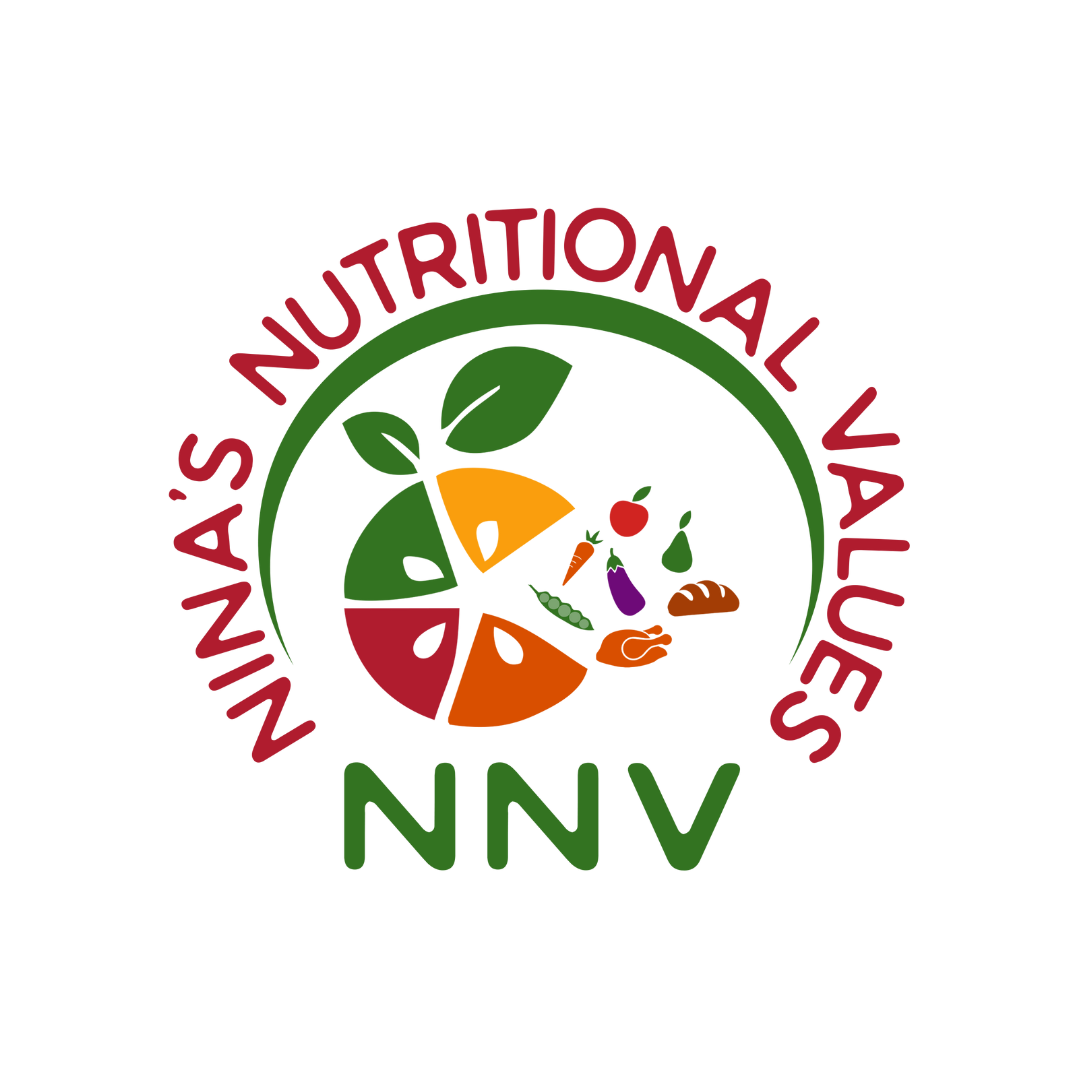Be Aware: Toxic Diet Culture Messaging And Marketing
Trying to find the right diet? You aren’t alone. If you’re a woman, you’re likely to spend 17 years of your life trying to lose weight on different fad diets. Many work but aren’t sustainable. This is because healthful nutrition is personalized and centered around eating to optimize your health—not centered on deprivation. The 5 tips below will help you identify messaging and marketing that promotes toxic diet culture, as opposed to true health and nutrition.
#1 Promising Rapid Results
When it comes to weight loss, slow and steady results have the highest odds of sustainability. This is typically around 1 — 2 pounds a week. Diets that promise to help you lose 10 or more pounds in a week or few days aren’t sustainable. You might initially lose weight, but you’ll quickly plateau.
When you stop the diet, you’ll instantly gain the weight back because you haven’t developed any new habits.
#2 Extreme Restriction
The primary reason fad diets aren’t sustainable is because they promote extreme food restrictions. While caloric reduction may be required to achieve your health and weight loss goals, it should never be at the expense of nutrition.
Many fad diets are so restrictive that you’re left feeling hungry, drained, and irritable. This is because you aren’t providing your body with the nutrients required to thrive. Long-term, this can lead to a variety of nutrient deficiencies. Never lose sight of the fact that food is fuel. The objective should be to improve the quality of your fuel, not run on empty.
You don’t have to feel hungry to lose weight and you can eat flavorful meals and foods
you love while achieving your health and wellness goals!
#3 No Options For Personalization
Another sign of toxic diet culture is a meal plan that doesn’t offer options for personalization. Personalization should encompass factors such as your personal food preferences, cultural food preferences, and dietary restrictions. If a diet is so restrictive that you’re basically eating the same thing each meal, it’s a fad—not a sustainable and nutrient-rich meal plan.
#4 Frames Weight as Health and Beauty
Yes, being overweight increases your risk of a variety of health conditions. However, being at a “healthy” weight is not a guarantee of optimal health. A person can be thin, and extremely unhealthy.
Diets that market and define themselves as the solution to your health and body image only in terms of the number on the scale, are a red flag. Deprivation diets may give you a boost in self-confidence when you see the number on the scale drop, but don’t forget to focus on how you feel.
A healthy dietary plan leaves you feeling focused and energized.
#5 Marketing Imagery
A fad diet that uses photos of men with 6-pack abs and women with tiny waists, narrow hips, and a thigh gap is likely using a combination of models and Photoshop. Or artificial intelligence. Photoshop and AI can be used for creating plus-sized “before” photos and picture-perfect “after” photos. Many promote thinness and body shaming in a manner that, in combination with social media, is accelerating eating disorders across all age demographics.
A quality meal plan doesn’t sell unrealistic expectations or promise a body type that will never naturally be yours. They may share photos, but the people will look like everyday people. They will look like you, realistic and perfectly imperfect.
Fad Diets Don’t Work
Toxic diet culture guides you away from healthful nutrition, focusing primarily on calories, pounds, and inches. These diets don’t work. If you’re ready to learn how to personalize your nutrition for health, wellness, and to look and feel your best—reach out to Nina’s Nutritional Values.



